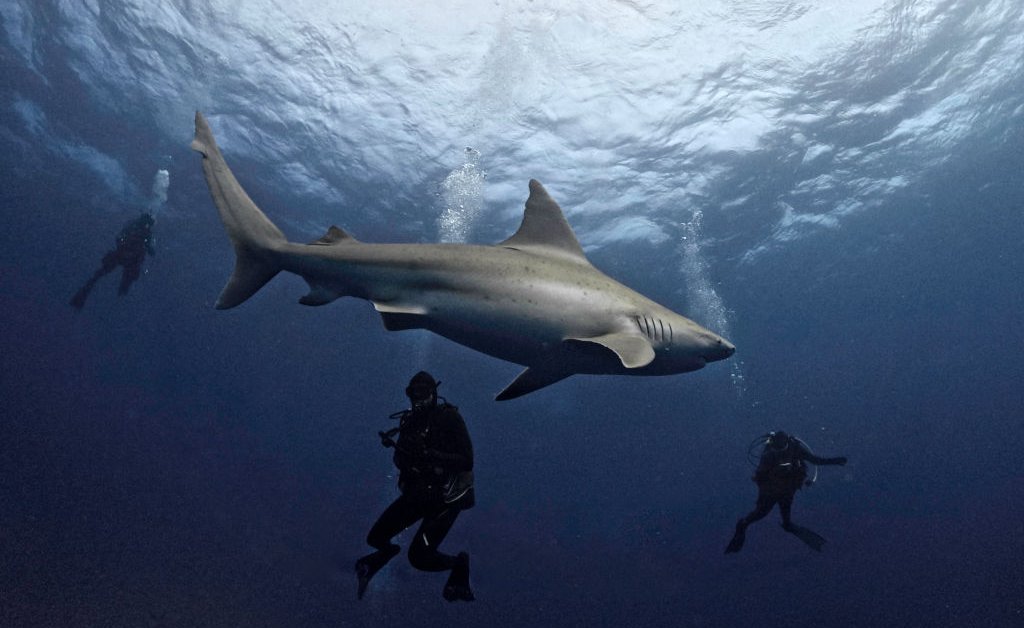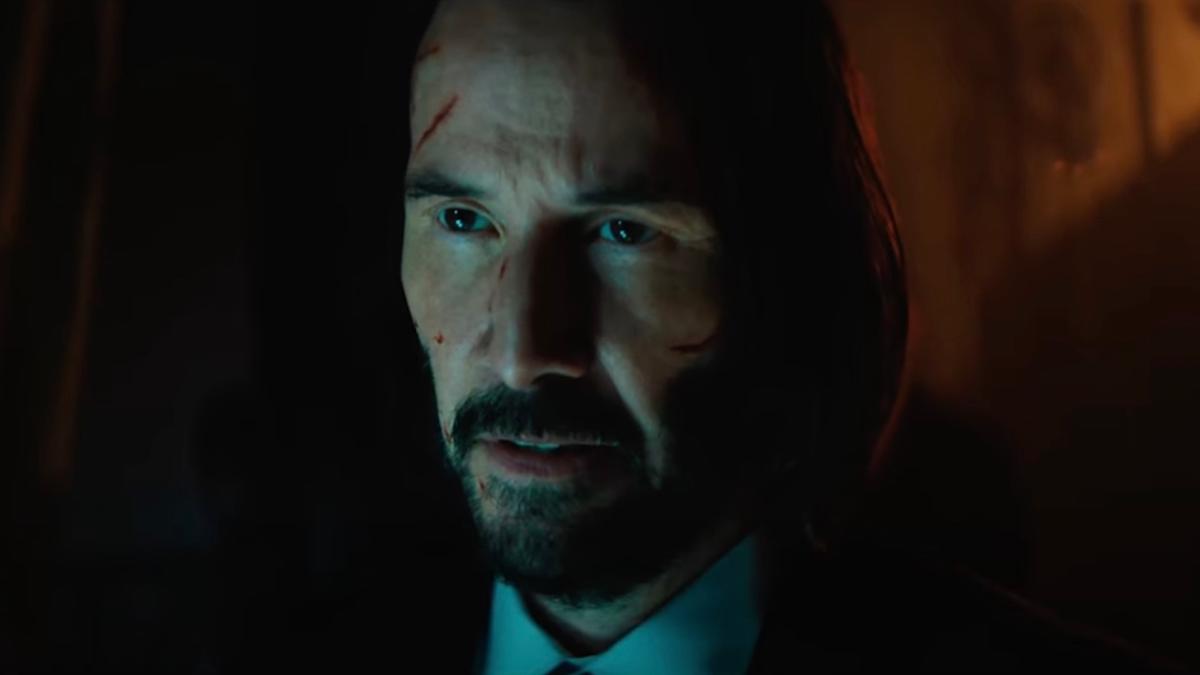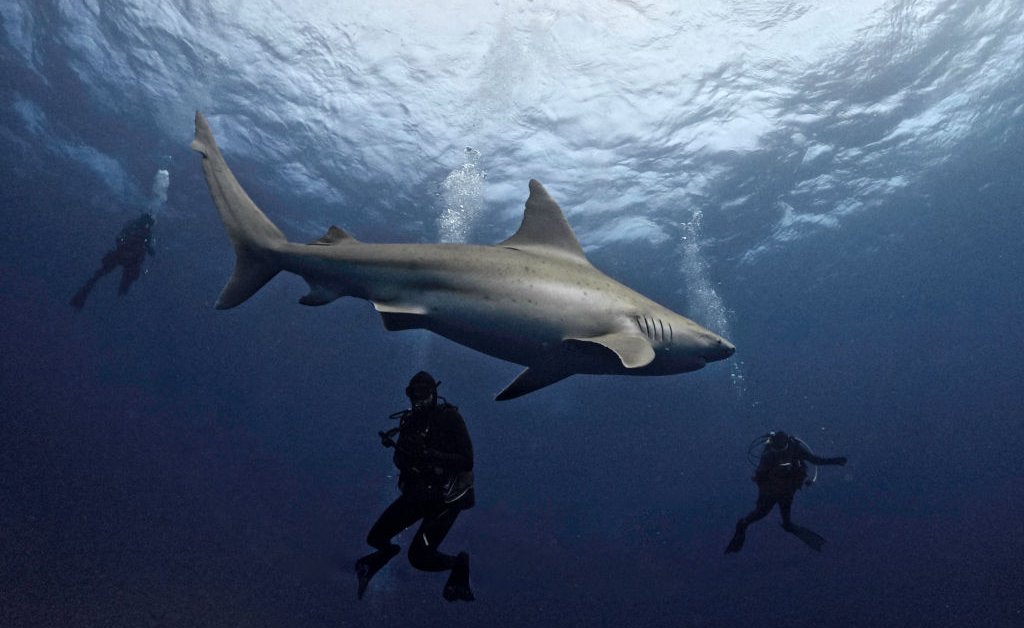From Fiction To Reality: How Jaws Shaped Public Opinion And Shark Conservation

Welcome to your ultimate source for breaking news, trending updates, and in-depth stories from around the world. Whether it's politics, technology, entertainment, sports, or lifestyle, we bring you real-time updates that keep you informed and ahead of the curve.
Our team works tirelessly to ensure you never miss a moment. From the latest developments in global events to the most talked-about topics on social media, our news platform is designed to deliver accurate and timely information, all in one place.
Stay in the know and join thousands of readers who trust us for reliable, up-to-date content. Explore our expertly curated articles and dive deeper into the stories that matter to you. Visit Best Website now and be part of the conversation. Don't miss out on the headlines that shape our world!
Table of Contents
From Fiction to Reality: How Jaws Shaped Public Opinion and Shark Conservation
The summer of 1975 saw the release of Steven Spielberg's Jaws, a cinematic masterpiece that would forever alter the public's perception of sharks. While a work of fiction, the film's impact on shark conservation and public opinion was profoundly – and tragically – real. This chilling thriller, with its iconic score and terrifying great white, ignited a global fear of sharks that continues to influence conservation efforts today. But how did a movie about a man-eating shark shape the future of shark conservation? Let's dive in.
The Jaws Effect: A Global Shark Phobia
Jaws wasn't just a box office smash; it triggered a widespread "shark hysteria." Beaches across the globe saw attendance plummet. Local governments, fueled by public fear, implemented costly and often ineffective shark control measures, including indiscriminate culling. This widespread panic, directly fueled by the film's portrayal of sharks as relentless killing machines, overshadowed the vital role these apex predators play in maintaining ocean health. The film, unintentionally, became a powerful symbol of humanity's fear and misunderstanding of the natural world.
The Misrepresentation of Sharks: Fact vs. Fiction
While Jaws is undeniably a thrilling cinematic experience, its portrayal of great white sharks is far from accurate. Great white sharks, while undeniably powerful predators, are not the mindless killing machines depicted in the film. Attacks on humans are extremely rare, with a much higher chance of being struck by lightning or even killed by a vending machine. [Link to statistics on shark attacks vs. other risks]. This misrepresentation, amplified by the film's immense popularity, had devastating consequences for shark populations worldwide.
The Long Shadow of Fear: Impacts on Conservation
The legacy of Jaws continues to impact shark conservation today. The film contributed to a long period of negative public perception, making fundraising for shark research and conservation difficult. This fear, coupled with overfishing and habitat destruction, has driven numerous shark species towards endangerment. Organizations like the [Link to a reputable shark conservation organization, e.g., Oceana or the Shark Trust] are working tirelessly to combat this negative perception and promote shark conservation.
Turning the Tide: Educating the Public
The key to effective shark conservation lies in education. By dispelling myths perpetuated by films like Jaws and showcasing the true nature of these magnificent creatures, we can foster a more informed and compassionate public response. This includes:
- Promoting accurate scientific information: Disseminating factual data about shark behavior, their role in the ecosystem, and the rarity of attacks is crucial.
- Supporting responsible tourism: Promoting eco-tourism initiatives that prioritize shark conservation and responsible interactions.
- Advocating for stronger protective measures: Supporting legislation that protects sharks from overfishing and habitat destruction.
From Fear to Fascination: A New Era for Shark Conservation
While Jaws undeniably had a negative impact on public perception of sharks, it also unintentionally highlighted the need for better understanding and protection of these vulnerable creatures. Today, a growing movement is working to change the narrative, shifting from fear to fascination, and fostering a more respectful relationship between humans and sharks. By embracing education and promoting responsible conservation efforts, we can ensure the survival of these magnificent animals for generations to come. Learn more about how you can contribute to shark conservation by visiting [Link to a relevant resource, e.g., a petition or donation page]. The future of sharks depends on our collective action.

Thank you for visiting our website, your trusted source for the latest updates and in-depth coverage on From Fiction To Reality: How Jaws Shaped Public Opinion And Shark Conservation. We're committed to keeping you informed with timely and accurate information to meet your curiosity and needs.
If you have any questions, suggestions, or feedback, we'd love to hear from you. Your insights are valuable to us and help us improve to serve you better. Feel free to reach out through our contact page.
Don't forget to bookmark our website and check back regularly for the latest headlines and trending topics. See you next time, and thank you for being part of our growing community!
Featured Posts
-
 Chad Stahelski On John Wicks Future Possible Without Keanu Reeves But
Jun 22, 2025
Chad Stahelski On John Wicks Future Possible Without Keanu Reeves But
Jun 22, 2025 -
 La Jaula Bahamondes Una Dura Confesion Sobre Sus Humildes Inicios
Jun 22, 2025
La Jaula Bahamondes Una Dura Confesion Sobre Sus Humildes Inicios
Jun 22, 2025 -
 Major Grocery Store Closures Kroger Announces 60 Store Shutdowns
Jun 22, 2025
Major Grocery Store Closures Kroger Announces 60 Store Shutdowns
Jun 22, 2025 -
 The Lasting Effects Of Jaws On Shark Conservation Efforts
Jun 22, 2025
The Lasting Effects Of Jaws On Shark Conservation Efforts
Jun 22, 2025 -
 Prediction Fluminense Vs Ulsan Hyundai Analysis And Potential Starting Xis
Jun 22, 2025
Prediction Fluminense Vs Ulsan Hyundai Analysis And Potential Starting Xis
Jun 22, 2025
